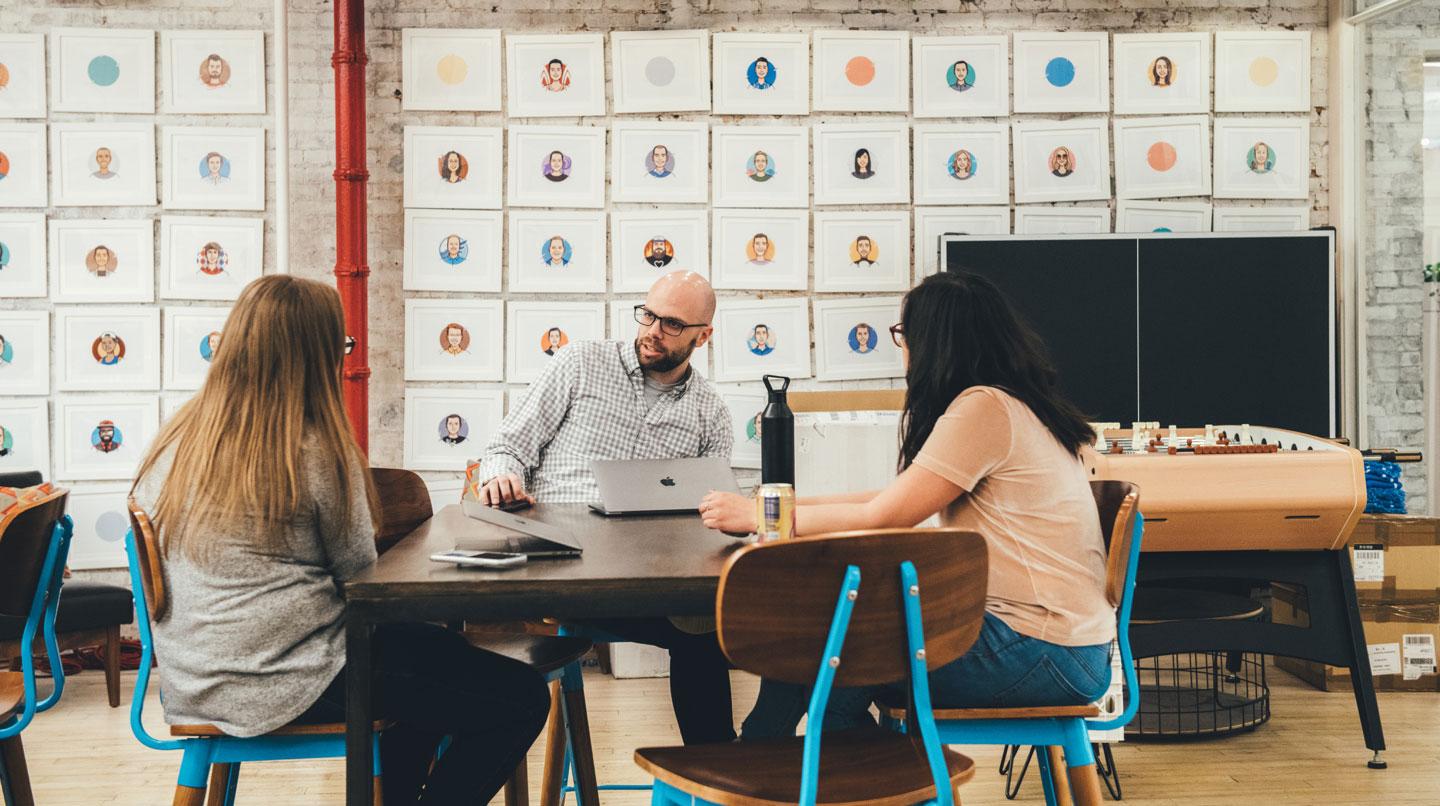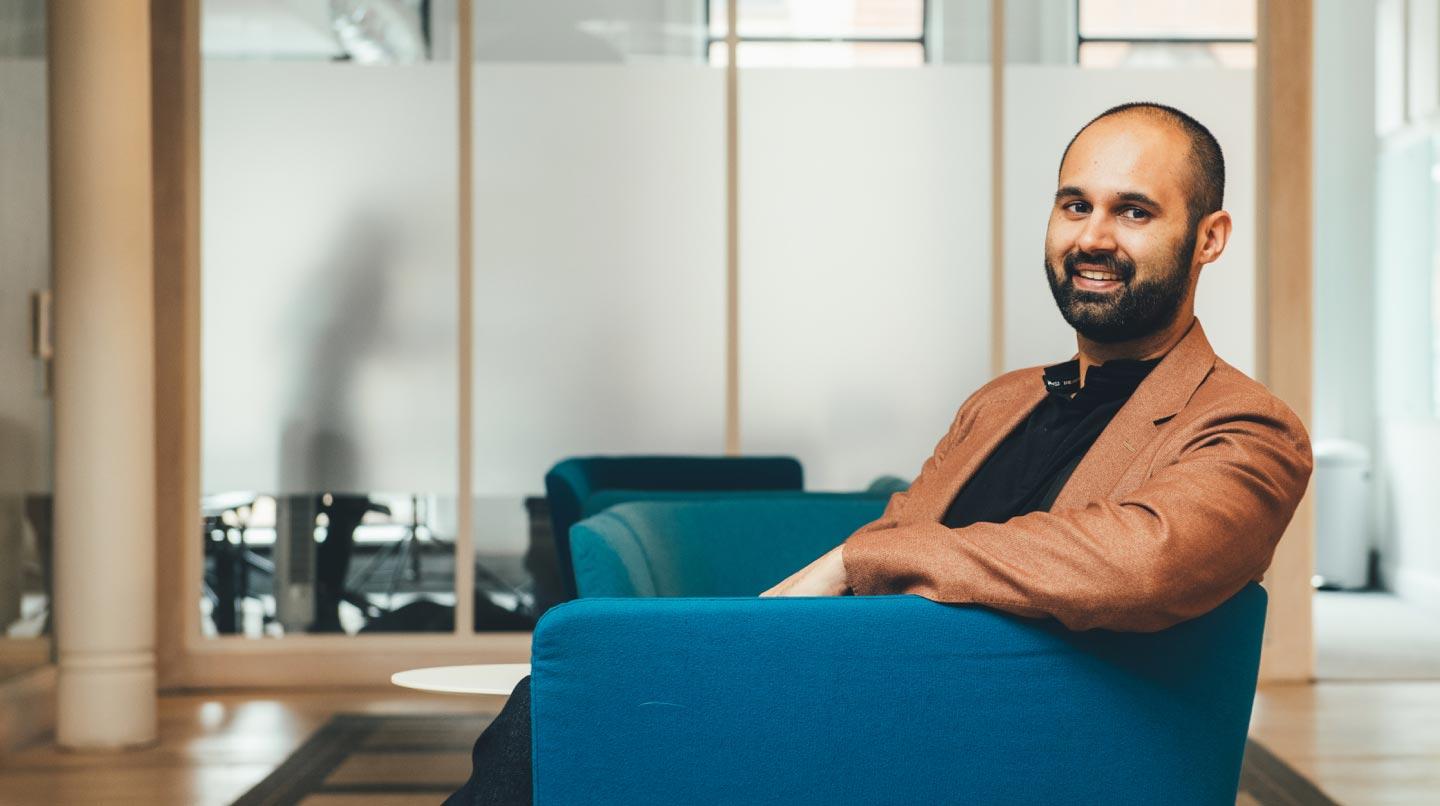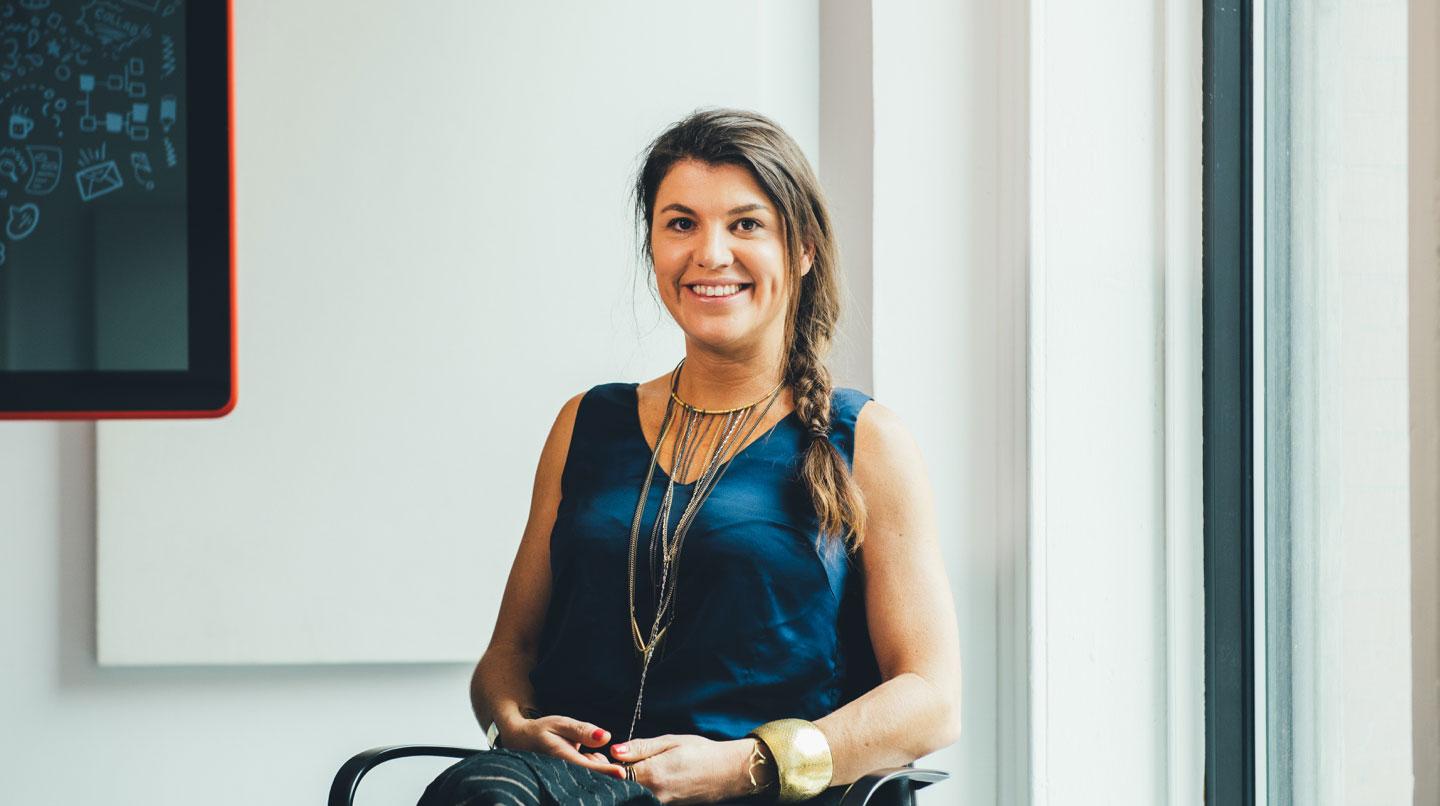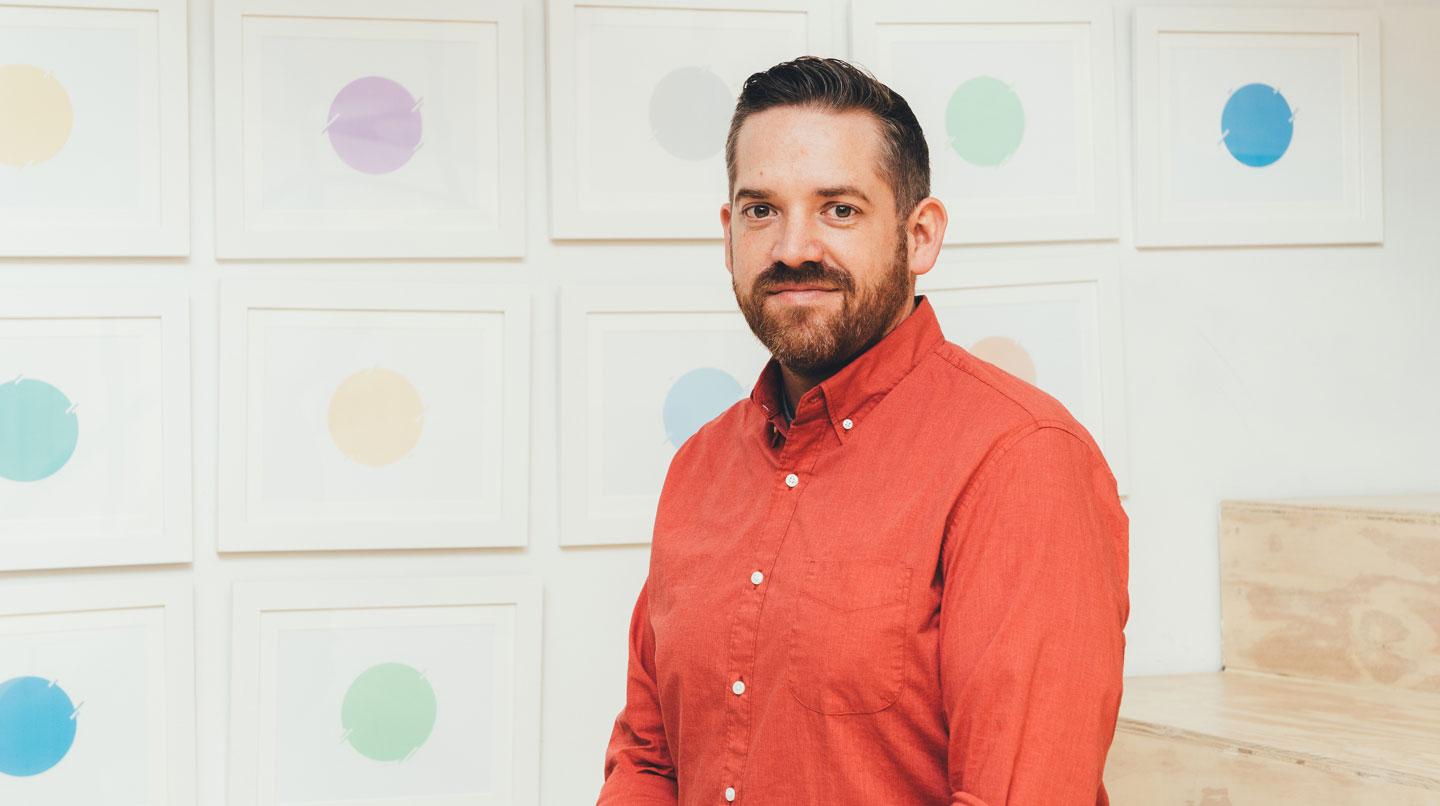Guides and reports
SeatGeek + Adyen: Good things come to those who hustle
Development teams from both companies ran an all-out sprint to pull off a massive payment integration in under two months. The winners? Ticket buyers around the world.

The kickoff
On paper, it seemed like an impossible play — a Hail Mary that few people believed the two companies could pull off: Last spring, SeatGeek and Adyen had roughly 60 days to build amultichannel paymentssystem, one that would let football fans around the world buy game tickets online, via telephone, and at dozens of ticket windows.
The system needed to be built from scratch. New York-based ticketing platform SeatGeek and payments company Adyen had just started working together, and it was SeatGeek’s first experience dealing with point of sale.
“It was basically our biggest client integration ever,” says Shawn Kelley, SeatGeek’s Senior Program Manager for Payments. “We went from zero to 60 in no time. Everyone said it couldn’t be done.”
But everyone was wrong. SeatGeek’s development team, split between New York and Israel, along with Adyen developers and point of sale experts, created a fully functional payments integration for an April on-sale date.
When the first credit card transaction was approved, both payments teams cheered. “Seeing that work was a pretty big deal,” Kelley says. “Everyone was holding their breath.”

Employees discuss plans inside SeatGeek's New York headquarters.
It was an early test for a partnership that’s produced a series of wins for both companies. Adyen’s unified commerce payment solution has helped SeatGeek in all corners of its live events business, from Ariana Grande concerts to the Kentucky Derby, offering consumers a smooth ticket-buying experience on every channel. Adyen also handed SeatGeek the tools to create its own all-in-one payments product as it pursues additional enterprise clients and eyes global expansion.
Changing the ticketing game
SeatGeek is a mobile-focused tech company wading into the messy world of live events. “When you ask a person on the street, they’ll say I love live entertainment, but I hate buying the tickets,” says Russ D’Souza, who co-founded SeatGeek with fellow Dartmouth alum Jack Groetzinger in 2009. “It’s been that way for 30 years.” There’s no shortage of competition in the ticketing space, not only from well-established legacy companies but also from a slew of digital upstarts.

Russ D'Souza co-founded SeatGeek in 2009 with a fellow Dartmouth grad.
One of SeatGeek’s differentiators? Its commitment to openness. Essentially: Closed ticketing means tickets belong only to the ticketing provider. In an open ecosystem, tickets can be easily transferred and sold in a variety of places, everywhere from typical ticketing sites to social media platforms. D’Souza and his team run the company according to the “three commandments”of open ticketing: zero-cost access, rightsholder control over distribution, and freedom from fraud.
A decade in, SeatGeek sells tickets to a dizzying variety of events. And the challenges of handling so many ticket types are numerous. For one, sports fans tend to buy big batches of tickets at peak times. For SeatGeek, this routinely means processing more than $100 million in season ticket payments in a month.
To support that kind of volume, SeatGeek needs a solid payments partner. What’s critical is a platform that can not only handle big spikes but can also scale with SeatGeek as it grows, says Danielle du Toit, President of SeatGeek Enterprise. “We are often selling thousands of tickets in seconds,” she says. “If we didn’t get it right, we would give our clients an awful experience, and we’d give event-goers an awful experience as well.”

Danielle du Toit, SeatGeek's President of Enterprise, in New York City.
Big data for the win
Being able to glean insights from payments data is also a clincher. Kelley, the SeatGeek payments manager, says the switch from a legacy payments processor to Adyen’s data dashboards was like night and day. “We can pull reports that we need,” he says. “We see the data in a quick way through that interface without having to have that extra step through our data warehouse.” This improves the experience for any SeatGeek customer, whether that’s an enterprise client inquiring about an authorization rate or an individual ticket buyer needing a refund.
du Toit says partnering with Adyen also lets SeatGeek get to know fans on a new level. Many of SeatGeek’s biggest clients have fans streaming in from hundreds and sometimes thousands of miles away to attend events. The level of granularity in the Adyen payments dashboard lets SeatGeek see where fans are coming from and their preferred payment methods.
Strategic plays
SeatGeek is pursuing a deep roster of enterprise clients, from pro sports teams to major venues around the country. When they talk with the organizations, they find that payments are a headache. So SeatGeek, with Adyen’s help, created an all-in-one payments solution for ticket sales. “For enterprise customers, we can give a seamless, invisible payments experience,” says Kelley. “We’re calling it SeatGeek Payments. The strength of Adyen gave us the ability to build this service — period.”

Shawn Kelley, SeatGeek's senior program manager for payments, says Adyen handed SeatGeek the tools it needed to build its own in-house payments solution.
Onboarding new customers and setting them up to sell tickets falls squarely on Kelley and his team. Over time, Adyen and SeatGeek have worked out a smooth handoff. Vetting a new enterprise client takes “a matter of days to weeks,” he says, with some occasional fancy footwork from Adyen’s New York staff. “When we’re pushing hard to meet a deadline, I’ve always felt supported by Adyen,” Kelley says. “They act as though it’s as much their reputation on the line as ours.”
Going long
The next step for SeatGeek: global expansion. The company sees big opportunities with millennial ticket buyers, particularly in the UK, Germany, and other parts of Europe. Entering those markets may be challenging on some fronts, but not on the payments side. “One thing that’s of utmost importance is having a partner like Adyen that can support the different local requirements we face as we move into different markets,” says D’Souza. “At a minimum, it’s being able to support different currencies. Adyen also has so much local knowledge we can leverage to be able to expand well.”
D’Souza says he always appreciates the hustle on Adyen’s part. But he also likes the willingness to go deep. “One of the things I’m really struck by working with the Adyen team is a real client alignment,” he says. “You’ll be selective about who you partner with, and then you’ll double down with those partners and figure out how to solve business problems.”
Fresh insights, straight to your inbox
By submitting your information you confirm that you have read Adyen's Privacy Policy and agree to the use of your data in all Adyen communications.